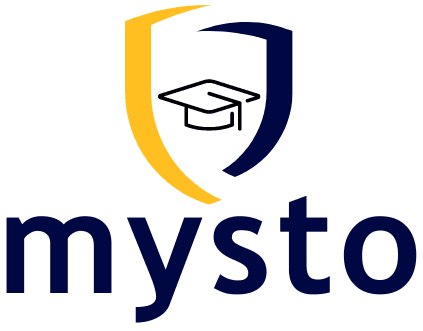Canada continues to be one of the top destinations for international education due to its globally ranked institutions, post-study work opportunities, and inclusive policies. However, suppose you’re planning to study in Canada for a Master’s or PhD program in 2025 or beyond. In that case, there’s an important update you must know about: a new mandatory document called the Pre-Arrival Letter (PAL) is now part of the study permit application process.
In this guide, we’ll walk you through:
- What the PAL is
- Who needs it
- Why the Canadian government implemented it
- How to obtain it
- What it means for international students
- Role of universities and consultants
- How My Study Offers can help









Good blog